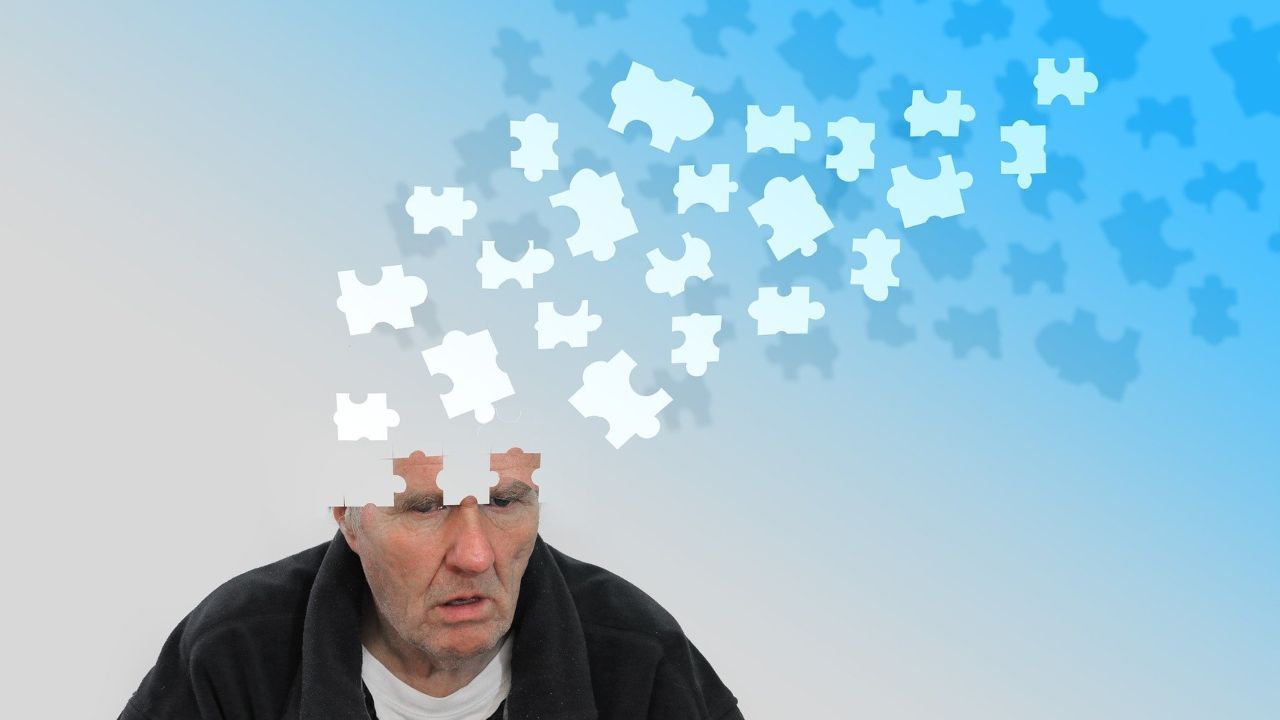If you have cases of Alzheimer’s in your family it is good to take the necessary precautions: so here are the 5 questions to ask your doctor.
Alzheimer’s disease is the most common form of dementia. Dementia means a significant loss of cognitive functions: language, memory, intelligence, ability to control behavior, orientation, attention. The disease has repercussions on the person’s daily activities and is determined by the loss of autonomy with a progressive course.
A family member’s diagnosis of Alzheimer’s disease can present a number of concerns and unknowns about the future and about health and risk factors. Understanding what can be done to slow (or prevent) cognitive decline is an important step towards long-term health.
You may also be interested in >>> Alzheimer’s: cholesterol and glucose levels can indicate its development
The 5 questions to ask your doctor if you have Alzheimer’s in your family

1. Is Alzheimer’s disease hereditary?
The researchers identified with certainty i geni uncommon that cause early-onset Alzheimer’s disease in several hundred families around the world. But this familiar form is extremely rare. There are genes associated with the risk of this form of the disease, however there is no specific gene that causes it. If a person has a family history of Alzheimer’s disease in their parents or siblings, there is a slightly increased chance of having it, but there is no conclusive evidence. Many people think that because their parents have the disease, they expect to have it, but this is definitely not the case.
2. How does genetics affect the risk of developing Alzheimer’s disease?
A specific risk gene, APOE-e4, has been associated with Alzheimer’s, but it’s not a one-to-one correlation. In the population, about 20/30% of people have APOE-e4, but when looking at Alzheimer’s patients, about 40/60% have the gene. Many people with the gene don’t have Alzheimer’s, and vice versa, there are people who don’t have the gene and still develop Alzheimer’s disease.
3. How is Alzheimer’s related to other types of cognitive decline?
The cognitive decline and dementia are general terms that indicate that a patient is having cognitive problems: memory loss, confusion, problems with the daily routine. However, they do not specify the cause of these problems. The underlying pathology of Alzheimer’s disease, which includes a buildup of beta-amyloid protein in the brain, may be part of the big picture, but it’s not always the only culprit.
You may also be interested in >>> Appendix Cancer: Everything You Need to Know About the Pathology
4. Do diet and exercise support cognitive health?
If you have a family history of Alzheimer’s disease, you should also consider environmental factors as well lifestyle which could be learned behaviors. Experts recommend the Mediterranean diet with the intake of a lot of fruit, vegetables, legumes and not too much processed food. Doing physical activity then lowers the risk of vascular diseases and literally frees the head by releasing toxins and pathologies from the brain.
5. What other changes could be made to help prevent cognitive decline?
Research has linked cardiovascular health with salute cognitive, which means that any habit or disease that puts your cardiovascular system at risk could also affect the brain. Smoking, alcohol, diabetes, high blood pressure and high cholesterol need to be kept under control.
